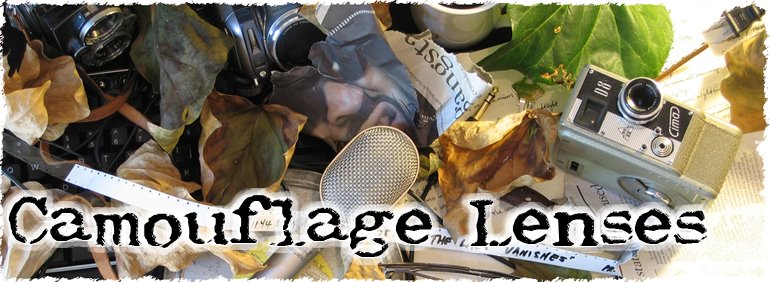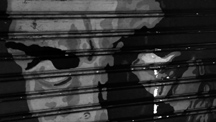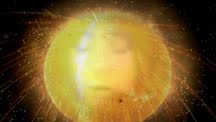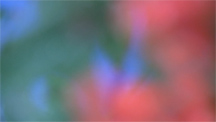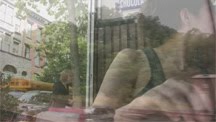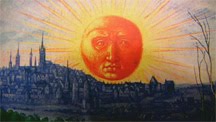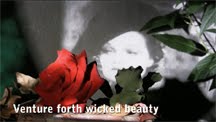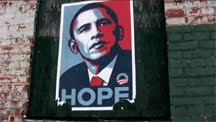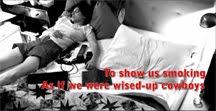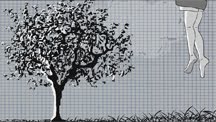Until one year ago.
I have been reading a good book about Jean-Luc Godard and watching as many of his films as I can find on DVD. He's still working. He's still there. I'm glad I managed to find him while he's still working.
I enter a room in mid-afternoon knowing that my camera is only a few feet away. The light comes through the kitchen window and makes shadows of potted plants on the white porcelain tile. The trees outside sway and it seems like rain is coming. I know that there are scenes I could film here. They are all around me in this room with its strange light. I could grab my camera and with the proper attitude make an incredible film. Right now. Immediately. But it's hard to do. It's a battle to persuade one's self to attempt it. I begin to feel foolish. I struggle with myself and laugh at myself for imagining that out of the great universal pile of YouTube videos a single film taken in my kitchen could possibly amount to anything at all in the mind of a single viewer. Nietzsche, in 'Thus Spake Zarathustra,' writes about how one's self is one's greatest enemy and will begin to doubt and mock one's own thoughts and noble efforts.
I view Godard as someone who has spent a lifetime leaping fully into this battle and winning it. He would look around my kitchen, pull out his video camera, turn a gas burner on and film it without a pot to heat. He might talk about holding his palm to the fire and then pressing it against his lover's cheek to burn her. He might briefly show a scalded and blistering hand, a palm print on a cheek, a car bomb exploding next to a busy marketplace. And he would have a film. I think he has fought consistently to make film a nearly mental act. As much a mental act as writing a novel or a poem. I think he is perhaps closer to this achievement than anyone else in the history of cinema. He appears to be willing to put himself into his work the way a writer might. Not a screenwriter. A real writer. I don't think Godard gives one tiny bit of a damn about screenplays. He uses a camera to write. Like Brakhage scratching celluloid with his fingernails.
Last night I watched 'Contempt.' I've read that Godard was unhappy during this shoot and couldn't stand working with Brigitte Bardot. But it's one of the greatest films about marriage that I've ever seen. She is magnificent in it. Mysterious and irrational and like a curse to all foolish and driven men. Once again, I come from a Godard film with a vivid memory of a man and a woman stalking each other in an apartment. Climbing over one another and scrambling across a bed. Almost like a prizefight. The film is forty-six years old and looks like it was shot just last week. Godard is the most modern of artists. I look at his work and I suddenly know what the word 'modern' means. It has nothing to do with being recent. I think it might be something to do with light and the way people behave in it and react to it. How they gaze at or through windows and engage with structures and how they move into or out of the light. Modern. Microsoft didn't name its operating system 'Windows' for nothing.
Here's a short film called 'Une catastrophe' that Godard made for the 2008 Viennale film festival.
Here's is a piece of his enormous 10-hour 'Histoir(s) du cinema.'
Well I certainly want to see all the rest of that. It's spellbinding. I like the way he talks about how Italy was the only country that could resist the domination by American film in the 1940s. How he says the language of Dante made its way into the image and made Italian cinema great. I believe him because the images make me believe him. I want DVDs of this history of cinema. I want them badly.
I got into a big fight in a movie theater this past Saturday night after seeing a Swedish film called 'Let the Right One In.' At the end, a friend of mine said, 'Boy! The pace of that was just unbearable.' I snapped, 'Forget every stupid thing you've ever heard about Hollywood films. It's a disease I recognize. The disease of timing. Timing. You think films need to blast along on a railroad track, gaining speed until the big crash at the end... don't you?'
I'm just that kind of asshole. Three of use made our way up Fairfax Avenue yelling at each other like several idiots. But I meant it and I'd say it again.
But see, Godard doesn't even think the railroad tracks exist. There's no train and there's no end.
So Godard now works in his studio with video equipment. I wonder if secretly, under some indecipherable username, Jean-Luc Godard might be uploading work everyday onto YouTube. Would he do that? Wouldn't it make sense? Perhaps he's shooting video in his kitchen everyday and making something magnificent for us to see. I want the link if it exists!
